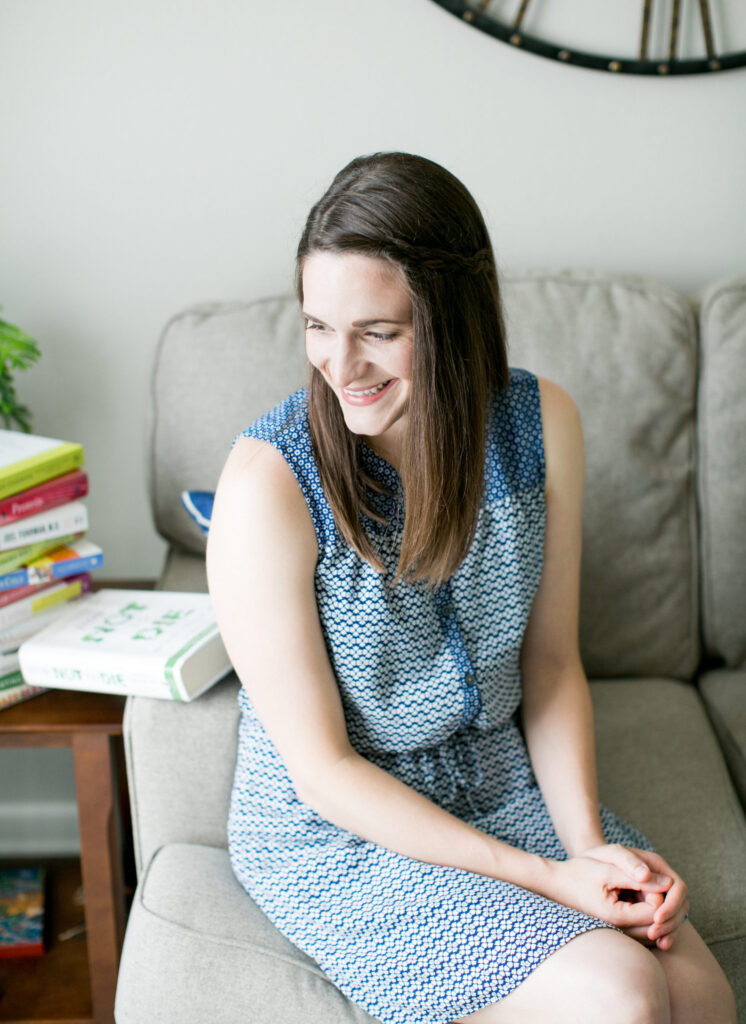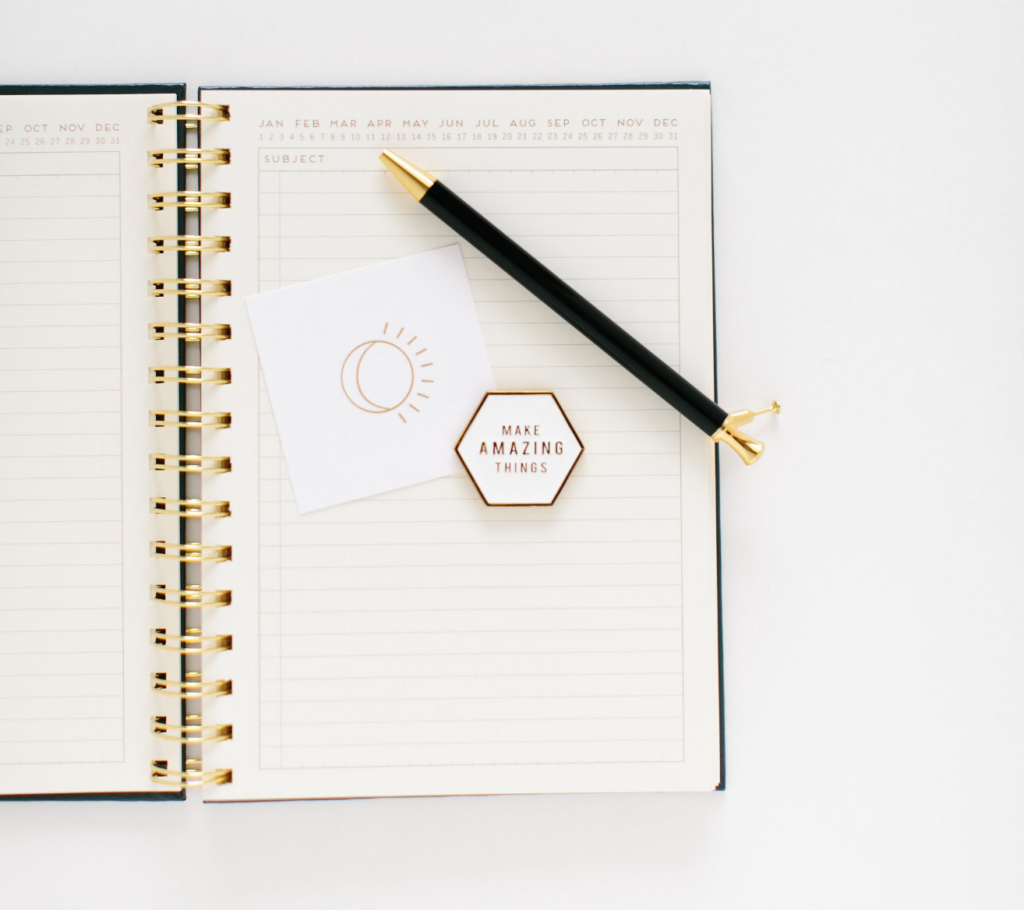October 8, 2018
Alison Tierney, MS, RD, CD, CSO
Alison is a registered dietitian, board-certified in oncology nutrition, and a cancer thriver. Her expertise in oncology nutrition and personal experience with her own cancer diagnosis and its treatment provide her with the unique perspective of being able to relate to her clients on an entirely different level. Her content is consistently focused on evidence-based guidelines and seeks to increase the awareness of the power of nutrition to complement traditional cancer therapies.
-
Alison Tierney, MS, RD, CD, CSOhttps://wholesomellc.com/author/alisonwholesomellc-com/
-
Alison Tierney, MS, RD, CD, CSOhttps://wholesomellc.com/author/alisonwholesomellc-com/
-
Alison Tierney, MS, RD, CD, CSOhttps://wholesomellc.com/author/alisonwholesomellc-com/
-
Alison Tierney, MS, RD, CD, CSOhttps://wholesomellc.com/author/alisonwholesomellc-com/
Health: “a state of complete physical, mental and social well-being not merely the absence of disease and infirmity”, as defined by the World Health Organization (WHO) in 1946 (1).
Most of the time you find us talking about diseases such as heart disease, cancer, diabetes, etc. but we believe something would be missing if we didn’t talk about mental health.

Just as the WHO declared in 1946, Wholesome believes complete health includes mental well-being.
Have you ever experienced anxiety or depression? You’re not alone.
Anxiety disorders and depression are the most prevalent of mental health disorders in the general population (2). And if I’m being completely honest, I too have struggled with anxiety.
Half of all mental illnesses begin by the age 14, per the WHO (3). Thinking back, my struggles may have started around that time, but didn’t fully surface until a few years ago.
Full-time job. Full-time graduate school. Student loans. Physical health struggles such as PCOS, infertility, and digestive health issues. I pressured myself to do it all. And to do it all perfectly.
Even though my list of pressures may be different than yours, I bet there are similarities.
Where did the pressure come from? Myself, of course.
But was the pressure truly and entirely my own?
I knew I needed help in some way, shape, or form when I went to my primary care physician and c r i e d in her office. Like, really cried. At that moment, I knew I didn’t have mental well-being.
“Alison. You are a wonderful person, are a hard worker and you make valuable contributions to our community. You feel like you need to be superwoman and it breaks you.”
She was right. My doctor was SO right. I felt like I had to get everything done and please everyone around me. I felt like I couldn’t rest no matter how tired I was and I sacrificed my happiness as a result.
To be honest, I still feel like that. But, I am making progress.
Why am I sharing this?
Because I want you to know you’re not alone–even though you feel like you are completely alone.
Before I struggled with anxiety (or, should I say realized I struggled with anxiety), I didn’t understand mental health. But now I get it. I understand not feeling right with yourself or the environment around you. Feeling like you shouldn’t be unhappy because you have a roof over your head, the ability to put food on the table. But feeling so lost and not knowing why.
One of the first strategies I found to be helpful is sharing when I feel anxious with my husband. It wasn’t easy at first. But I tell him:
“This situation is making me anxious. I can’t tell you why, but I am feeling anxious.”
In my experience, most people struggling with anxiety and/or depression can’t fully explain why the feel the way they do. When I tell my husband I am anxious, he knows I may not be able to explain it, but together we try to identify the trigger so we can try to avoid the situation, or approach the situation differently, in the future.

This approach has helped me immensely. If you don’t have someone to help you through a situation like this, consider writing it in a journal. Describe the situation. Describe your feelings–even if you don’t think your feelings are rational.
Now, if you are a regular Wholesome reader, you know I won’t leave you hanging without the research regarding nutrition and mental health. And you are so right. I wouldn’t do that to you.
🙂
Stop back on Wednesday, October 10th for my post laying out the research of which foods have been associated with increased mental health risk and, of course, those known to decrease depression and mental health disorders.
Be sure to read part II of, Mental Health: You’re Not Alone, to get Lauren’s story.
Plus, you won’t want to miss Lauren and me on Wednesday, October 10th at 7:30 p.m. CST on Instagram Live as we open the conversation about mental health on World Mental Health Day, 2018.
References:
(1) Preamble to the Constitution of the World Health Organization as adopted by the International Health Conference, New York, 19-22 June 1946; signed on 22 July 1946 by the representatives of 61 States (Official Records of the World Health Organization, no. 2, p. 100) and entered into force on 7 April 1948.
(3) World Mental Health Day 2018. (2018, September 24). Retrieved October 8, 2018, from http://www.who.int/mental_health/world-mental-health-day/2018/en/
Mental Health: You’re Not Alone, Part I
Wholesome
About Alison
Courses & Programs
The Wholesome Journey
Free Resources
Join the Email List
Ready for knowledge and empowerment for your own Wholesome journey? Join my email list!
FAQs
Press & Media
Recipes
Blog
Subscribe
Contact Us